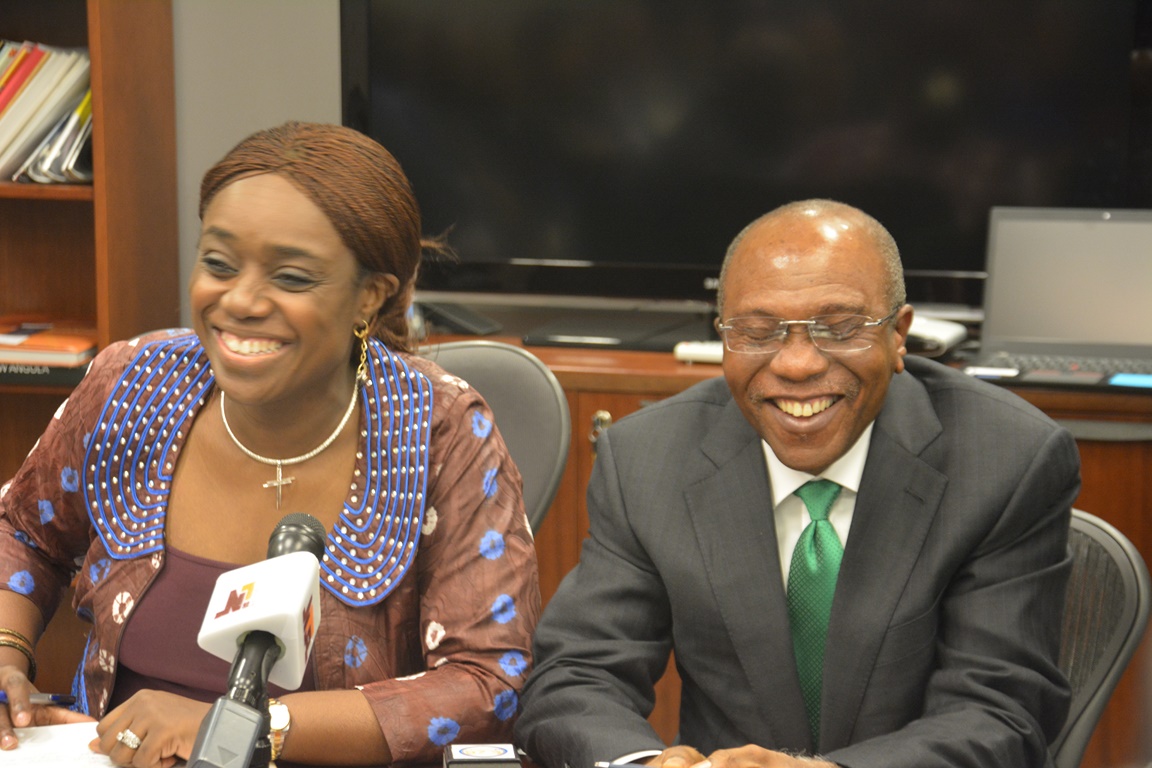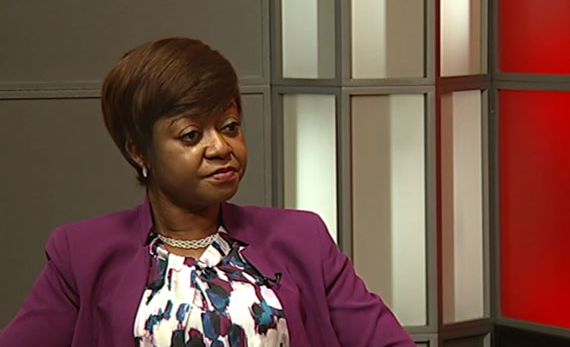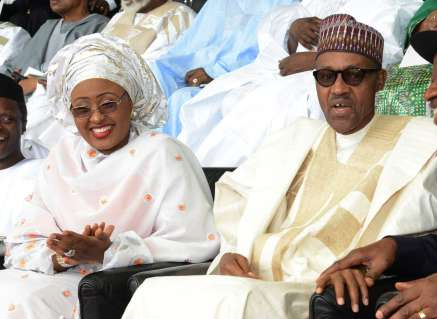Fitch Ratings, one of the big three rating agencies in the world, has resisted downgrading Nigerian banks over non-performing loans (NPLs).
This is coming less than one week, after the rating agency meet with Godwin Emefiele, governor of the Central Bank of Nigeria, and Kemi Adeosun, minister of finance, on the side-lines of the World Bank/IMF meetings in Washington.
Earlier, Adeosun said the Nigerian team at the meetings “had interactive session” with the big three rating agencies, updating them on Nigeria’s economic plans and “giving them the picture of what we are doing”. She had described the engagement as “very positive”.
After the meeting, Fitch released an update on Nigerian banks, stating that though there was an increase in NPLs, it was not going to downgrade the banks, giving warnings for the days ahead.
Advertisement
“Nigerian banks are experiencing a sharp rise in non-performing loans (NPL) but in isolation asset-quality deterioration is not yet a negative driver for the 11 rated commercial banks in the country,” Fitch said in a statement on Wednesday.
“Worsening NPL trends in the sector have accelerated since end-2015 and we expect this to continue because operating conditions remain difficult. The Nigerian Central Bank’s latest financial stability report says sector NPLs rose to 11.7% of gross loans at end-June 2016 from 5.3% at end-2015.
“This exceeds our start-of-year expectations for a 10% NPL ratio by end-2016. But NPLs are not evenly spread among banks and sector NPL ratios are distorted by some exceptionally high concentrations.
Advertisement
“For example, First Bank of Nigeria, the country’s largest bank, reported a 23% NPL ratio at end-June 2016. Some tolerance remains on NPL ratios for the banks’ Viability Ratings, which are all in the ‘b’ range.
“Other key concerns are tightening foreign currency (FC) liquidity, weakening capital adequacy ratios and the sovereign’s ability to support banks, given its weaker financial flexibility. If current challenges do not ease, the banks could face further downgrades.”
Fitch said “our discussions with banks indicate that most impairments are concentrated in the private sector, which is affected by FC shortages and the depreciation of the naira”.
FX SHORTAGE STILL A PROBLEM IN THE BANKING SECTOR
Advertisement
“Borrowers are struggling to access scarce FC and those dependent on naira income are finding it hard to meet escalating repayment costs triggered by the depreciation.
“Sector NPLs would have been higher if banks had not undertaken widespread restructuring of loans to the oil and gas sector, which accounts for 30% of total sector loans. Asset-quality indicators in these portfolios are therefore holding up as borrowers are able to comply with generous loan maturity extensions.
“But the central bank warns that it is expecting continued deterioration across banks’ oil and gas portfolios during 2H16 as the sector faces sustained low oil prices and production disruptions.
“Nigeria’s central bank sets an informal maximum 5% NPL ratio for all banks. Once this is breached, the regulator can impose measures to boost capital, such as restrictions on dividend payments.”
Advertisement
Fitch added that there was pressure on capital ratios, and concluded that with Nigeria’s economy in recession, it would “be difficult for banks to contain the escalation of NPLs”.
“We do expect a limited bounce-back and our 2017 forecast foresees a recovery to 2.6%. But the medium-term growth outlook remains significantly lower than the 5.6% growth of 2010-2014.”
Advertisement







